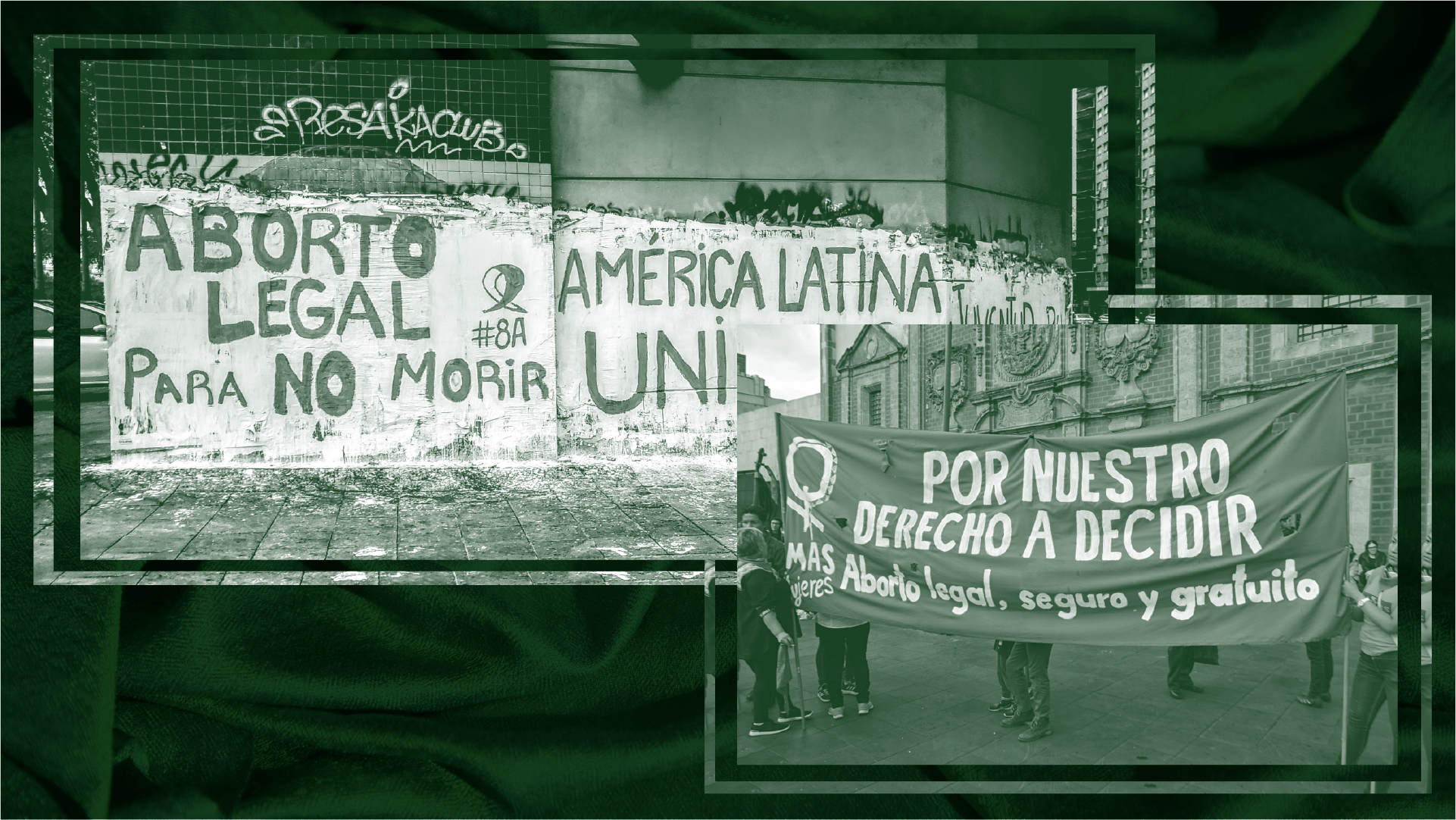
Adiós Trader José: It’s About Time Trader Joe’s Owned Up to its Racist Marketing
The grocery store chain is vowing to remove racist packaging from international products.
Following a petition started by a California high school student, Trader Joe’s has pledged to remove all packaging with stereotyped cultural names. Through their past marketing tactics, popular American grocery store chain has forwarded a narrative of racism and “distant lands” exoticization.
The petition, which has received over three thousand signatures, states that “The Trader Joe’s branding is racist because it exoticizes other cultures — it presents ‘Joe’ as the default ‘normal.’” Trader Joe’s has previously labelled items like Enchilada sauce and taco shells with Trader José, a disturbingly wide variety of Asian cuisines with Trader Ming, Italian-esque items with Trader Giotto, and Middle Eastern-inspired products with Arabian Joe. This naming scheme has othered international cultures, contributed to harmful stereotyping, and perpetuated the centering of Western cuisine.
While some names were more offensive than others, the company must be held accountable for all of the names and how the branding effectively othered any cultural food items that were not deemed American. As an avid Trader Joe’s shopper and proud biracial Latina and Asian person, I was hit harder by some of these “cultural” names than by others. Trader José came off as cute and funny. This may be because “José” is a common name used in branding of Mexican products; brands like José Cuervo and José Olé have used the name José with Mexican imagery to denote Mexican products for years. The name José has already been integrated into the American lexicon in association with Mexican food products. Trader José, then, at first glance comes off as a normal and accepted way to market Mexican products.
In direct opposition to Trader José’s acceptance comes the disparaging “Trader Ming.” This name does not come anywhere close to “Joe” and sets up the argument that if Joe is the common name standard, the marketing team believed that the name “Ming” was a suitable parallel to Joe. This branding is perhaps the most problematic, considering that the name Ming comes from the Mandarin character for “bright.” Where the marketing becomes derogatory is in the products that have fallen under the Trader Ming name. Among them are Pad Thai, Peanut Satay noodles and Asian-style chicken salad, along with Chinese-American foods like orange chicken. Having multiple kinds of Asian-inspired foods under one Chinese-inspired name perpetuates the stereotype that all Asian food, and therefore all Asian people, are Chinese. This diminishes how different Asian cultures are, effectively homogenizing them instead.
Arabian Joe, at first look, suggests that the marketing team couldn’t be bothered to come up with an Arabian sounding name, maybe because they knew it would come off as offensive. Thinking about the backlash that might have come from branding Middle Eastern products with “Trader Mohammed” or “Trader Ali” should give enough insight to why the whole advertising plan should never have come to light. However, upon closer inspection, the label Arabian Joe is likely a distant nod to the literary manuscript, The Arabian Nights, a work which has mistakenly highlighted the “exotic otherness” of Arab and Muslim communities. Historically, furthering the stereotype of orientalism in Arab and Muslim cultures through the perpetuation of orientalist tropes, such as Muslim women being oppressed and Muslim men being terrorists, leads to Islamophobia. While it may seem like a jump to go from Arabian Joe to Islamophobia, any orientalist discourse or influence used haphazardly contributes to conservation of damaging stereotypes.
A 2019 Nylon article on Trader Joe’s cultural naming said it best: “Though intended to be innocuously whimsical, they lend to a variety of interpretations,” Viviane Eng writes. “The first being that there’s something inherently comical about ethnic names: “Ming” and “José” are somehow witty and funny while “Joe” is the unembellished neutral.” The only way that these names would not be culturally insensitive is if the products were made in their home countries or made through a partnership with foodmakers of those specific countries. If that were the case, the distinct names would serve to point out that cultural partnership and inclusion, but that isn’t the case here. The cultural marketing Trader Joe’s has used on international products, though intended to be lighthearted and inclusive, has catered to the white customer by enticing them to buy “exotic” and “different” food. Exoticization of cultural foods is inherently racist and only maintains the idea that any cultured food item or dish is in some way strange or antithetical to American food. This language and thought process cultivates and preserves the ideology of American exceptionalism and Western Eurocentrism.
In a statement made to the New York Times, Kenya Friend-Daniel — the company’s national director of public relations — said that the branding had been in the process of changing for “several years” and that the company had not named any newly introduced products after the international names since then. “While this approach to product naming may have been rooted in a lighthearted attempt at inclusiveness, we recognize that it may now have the opposite effect — one that is contrary to the welcoming, rewarding customer experience we strive to create every day,” Friend-Daniel said.
In addition to the branding issue, Trader Joe’s also has a strange affection for authenticity, and uses the buzzword almost exclusively in reference to Indian and Mexican items, as reported by Emma Glubiak for The Kitchn. This marketing tactic is used to draw customers into trying cultural foods by giving them a level of authority. Authentic Tikka Masala is more likely to be bought than just Tikka Masala. However, placing the authentic label on foods brings up the question: who decided this dish was authentic? Is authentic used here as a marker of quality, or as an actual qualifier that the Tikka Masala was developed by an Indian person or made in India and therefore is authentic?
I don’t believe that Trader Joe’s branding was intended to be maliciously racist. The positive side of TJ’s branding debacle is that they will hopefully be more culturally sensitive moving forward. Though some of the choices were more injurious than others, the company’s pledge to remove all of the botched cultural merchandising is a step in the right direction of holding all businesses accountable for much needed cultural mindfulness in their marketing. With many brands like Quaker Oats, Mars Food and Dreyer’s Grand Ice Cream being called out and then retiring their dated, racist marketing, food marketing teams may be more likely to research and respect cultures when working on branding, instead of creating caricatures and stereotypes.


